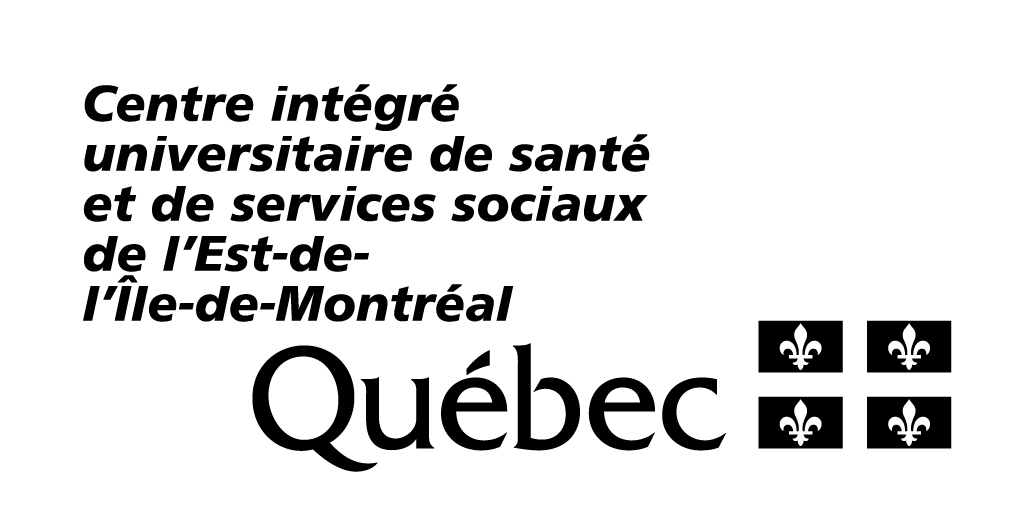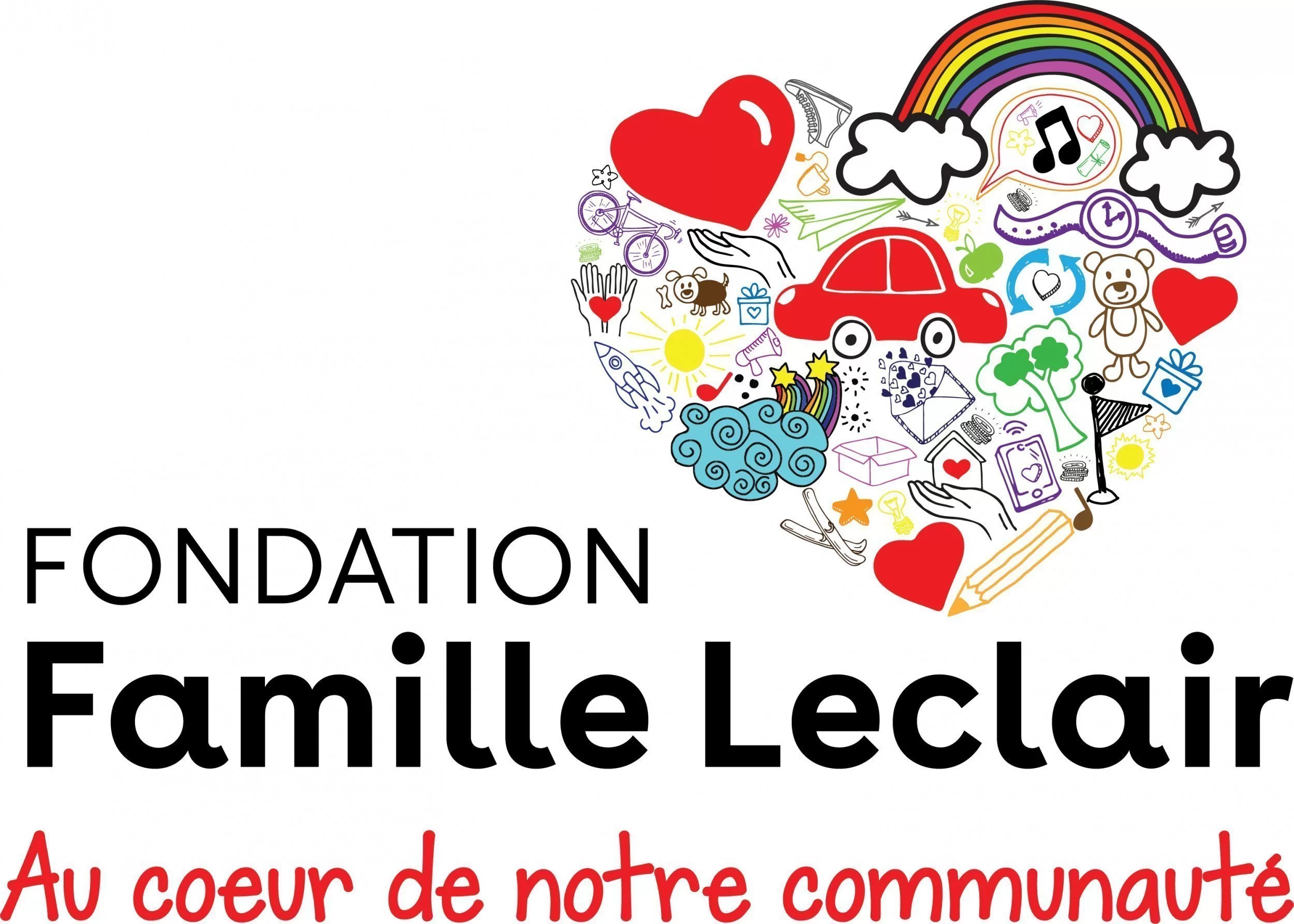I have a sibling with a mental illness. What do I need to know?
Having a sibling with schizophrenia, bipolar disorder, depression, obsessive-compulsive disorder or borderline personality disorder can cause great upheaval in the family. Mental illness usually appears in adolescence or early adulthood. Right from its onset, family members often feel disbelief, distraught and guilty over what is happening to their loved one. According to Martine Bungener, strong repercussions on the mother’s health are mentioned in more than half of the cases (55%), on the father’s health in more than a third (38%) and even on the siblings’ in 22% of the cases. What causes this upheaval?
Communication problems
Mental disorders affect communication and have specific repercussions on sibling relationships. The sibling you knew suddenly becomes strange, unpredictable and unrecognizable. Which one of you has changed and how do you recognize what you have in common and what is unique to each of you? Some siblings may find themselves at an impasse, stripped of their past, and may have difficulty investing in their own futures. (1)
Material and factual support
The ways in which families respond to a loved one’s lack of autonomy when suffering from a mental illness are multifaceted and include providing support with daily life, travel, administrative needs, treatment and medication and financial assistance to complement the other benefits received. The family now finds itself participating in all aspects of the person’s life, not only for their essential daily needs but also when it comes to social and emotional relationships. (2)
Siblings often have difficulty determining how they can support their loved one. Young siblings, who often witness the first signs of the illness and provide warning to their parents, are the most disconnected from their sibling’s treatment team. However, they provide support for their sibling’s social integration and play an important role in maintaining family ties. Therefore, they, too, deserve to be supported and recognized.
Older children end up taking on a quasi parental role with respect to their suffering sibling. They inherit their parents’ burden without having the tools to shoulder it. After having been excluded from the caregiving process for some time, they now find themselves not only included but often brutally so. They are especially good at breaking their sibling’s isolation. (3)
The sudden anger
When a person with mental illness is in crisis, they may be mean, violent or unpleasant. When this happens, it is difficult for others to differentiate between the person and the mental illness. As a result, siblings can experience a lot of anger. Within minutes, they can hate their sibling. They may want them out of the house or their lives. Once the storm is over and they see their sibling’s actions as a product of their illness, they will often feel guilty for having had these thoughts. However, it is normal to experience intense emotions like this. It is important to remember that you have a right to be angry. You simply have to learn how to manage this type of emotion. (4)
The fear of being afraid
The manifestations of metal illness can be shocking, so seeing a sibling suffer may make a child afraid of developing the illness. They may also sense that their parents share the same anxiety. It is therefore very important to discuss this fear to break the taboo. According to current data, if a person has a monozygotic twin with schizophrenia, there is a 50% chance that they will also develop the disorder. Dizygotic twins and all other siblings have a 10% chance. In addition, it is important to explain to siblings the risk factors and protective measures related to the illness. Unfortunately, the genes that cause schizophrenia have not yet been identified, and many researchers believe that some people carry the gene but will never develop the disorder. For this reason, fostering resilience in siblings remains a powerful weapon in combatting mental illness. (5)
The need for information
According to a survey conducted in France, siblings have their own unique questions when it comes to mental illness. While they receive the majority of their information through family, given the many relational barriers and difficulties parents have in explaining their child’s mental illness, it is important that siblings have systematic access to information adapted to their needs. They can receive this information through a family services organization or professionals working in the health care network.
Taking care of yourself
Exhausting yourself mentally and physically by taking on another person’s problem is not a solution. That’s why it’s important to define your role as a assistant to your sibling rather than a substitute. It’s a good idea to keep notes in order to better understand the problem and gain confidence. To maintain a healthy balance, it’s essential to find tools to help you let go of any guilt and set boundaries. To find peace and establish a comfort zone in your relationship with your sibling, it is important to take care of yourself emotionally, socially, professionally and physically and develop communication mechanisms to express your own needs to your loved one with a mental illness.
In a nutshell, family members’ needs include :
- Being taken into consideration by caregivers
- Being informed and reassured about the problem and its consequences
- Understanding their role as assistants in their loved one’s recovery
- Sharing with peers
- Being involved in organizing services
As an Irish poet at the World Family Mental Health Congress in Dublin eloquently expressed, “Don’t get too close, I need space to grow.”
Sources
1. DAVTIAN, Hélène, Les frères et sœurs de malades psychiques, UNAFAM, Paris, 2003, 36 p.
2. BUNGENER, Martine, Trajectoires brisées, familles captives. La maladie mentale à domicile, PUF, Paris, 1997
3. DAVTIAN, Hélène, op. cit.
4. LEGAULT, Caroline, Avoir un frère ou une sœur atteint de schizophrénie, 2007, alpabem.qc.ca
5. LEGAULT, Caroline, op. cit.






























